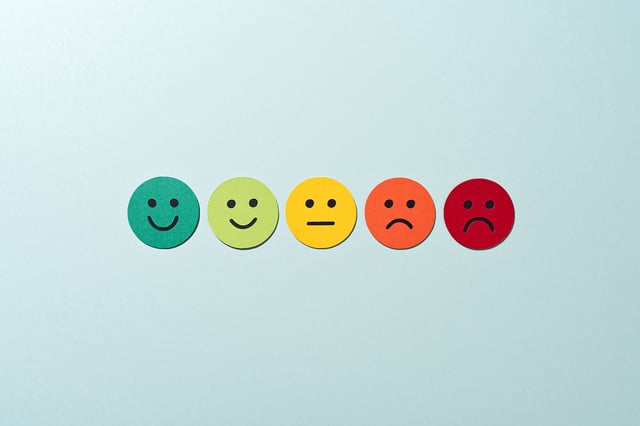Overview
- A JNeurosci study of 665 participants found that many older adults mislabel neutral or negative facial expressions as positive on an emotion-recognition task.
- Stronger positivity bias was associated with poorer performance on two cognitive assessments, and this relationship was not explained by nonclinical depressive symptoms.
- Neuroimaging tied the bias to structural differences and altered connectivity between the amygdala and orbitofrontal cortex, with additional structural differences reported in the hippocampus.
- Authors propose evaluating the bias as an early marker of age-related neurodegeneration, with further testing needed before any clinical adoption.
- Researchers report ongoing follow-up of the cohort, including long-term reassessments and linkage to medical records to examine whether the bias predicts dementia diagnoses.
